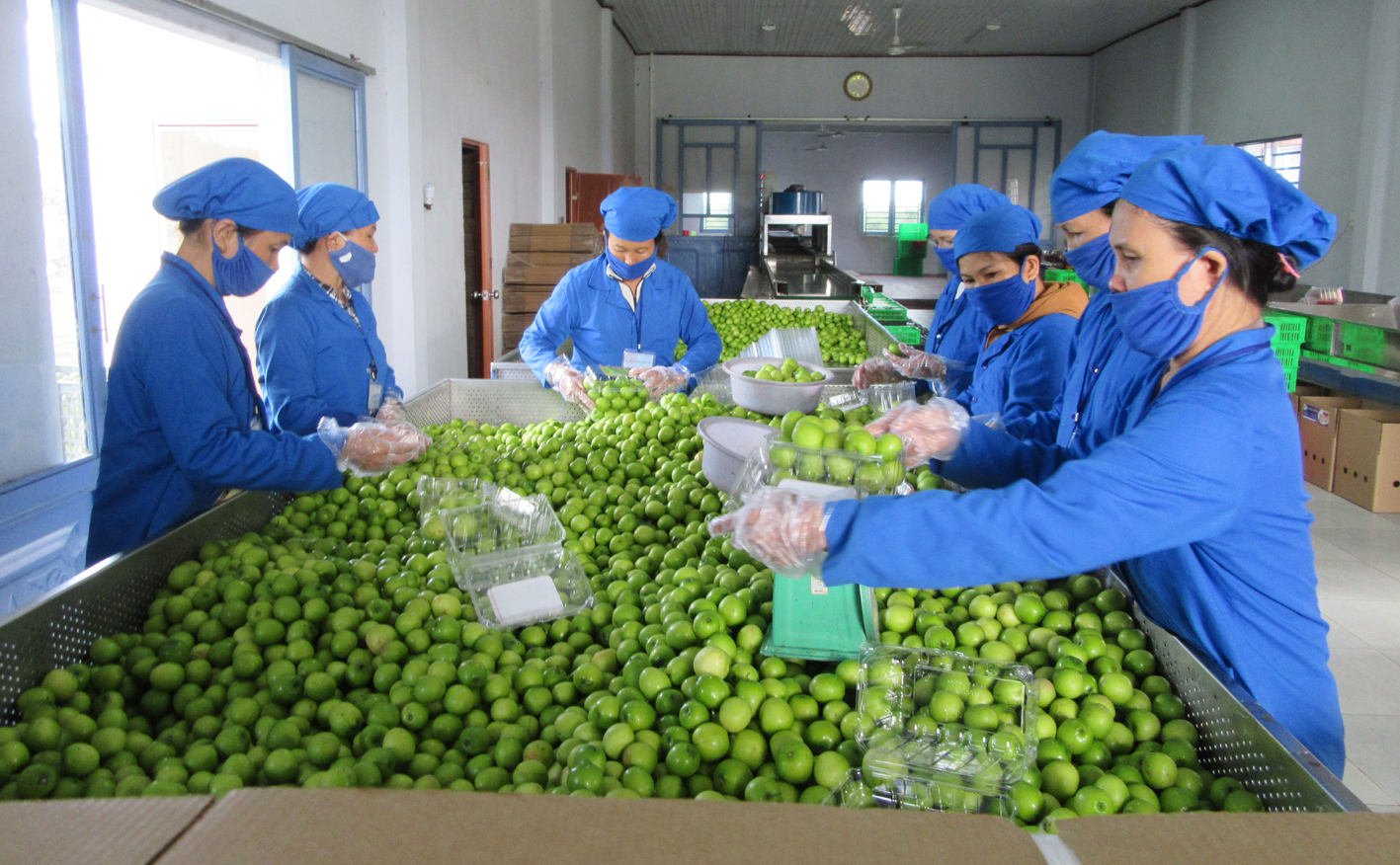The Ministry of Agriculture and Rural Development (MARD) will tighten control over company equitisation and impose strict penalties on irresponsible leaders who delay this process, Deputy Minister Ha Cong Tuan said at a conference in Ha Noi on February 14.

The Ministry of Agriculture and Rural Development (MARD) will tighten control over company equitisation and impose strict penalties on irresponsible leaders who delay this process, Deputy Minister Ha Cong Tuan said at a conference in Ha Noi on February 14.
Deputy Minister Tuan said inefficient equitisation that creates losses of State capital and properties at fully-funded or partly-funded State enterprises would be subjected to compensation payment and held responsible under the law.
According to the deputy minister restructuring of several firms has been implemented slowly. Some equitised companies are unable to sell out their shares on schedule and have not made major changes in terms of production efficiency, while their structure, operations and management have shown shortcomings.
Nguyen Nam Hai, general director of Viet Nam Coffee Corporation, said that during the 2012-2015 period, three fourths of the company’s units were equitised. One unit went into liquidation while two units conducted divestment. Four more units have not divested their capital.
Viet Nam Southern Food Corporation and Viet Nam Rubber Group also faced divestment difficulties, especially in searching for competitive investors to purchase capital.
A representative of the Finance Ministry said at the conference that in 2017, units must take active roles in restructuring and equitisation. The ministry will mobilise officials to help enterprises address problems that arise.
Deputy Minister Ha Cong Tuan said MARD leaders attached importance to strategies attracting investors to agriculture. However, implementation of investment policies faced difficulties and the ministry was determined to work out measures to address them.
Minister of Agriculture and Rural Development, Nguyen Xuan Cuong, said that renewal in enterprise management is a chance to revive State-owned firms.
“The ministry’s plan in the 2017-2020 period is to seriously implement equitisation, capital transfer and divestment. The process will be carried out with respect of the law and transparency to avoid losses. Enterprise restructuring must be conducted along with production,” Cuong said.
Representatives of enterprises at the conference agreed that 51 per cent of stock of efficiently run companies should be kept, while 100 per cent of capital at ineffectively-run enterprises must be withdrawn.
According to MARD, 12 State-owned companies under the ministry have so far equitised successfully. Three, namely Viet Nam Southern Food Corporation, Viet Nam Rubber Group and Viet Nam Agricultural Materials Corporation, are setting up equitisation plans. In 2016, the total divestment grew to VND1.53 trillion (US$68.1 million). — VNS
- Tags
- equitisation
- Vietnam
- SOEs





